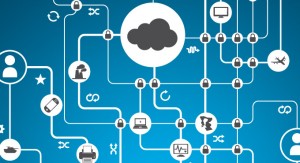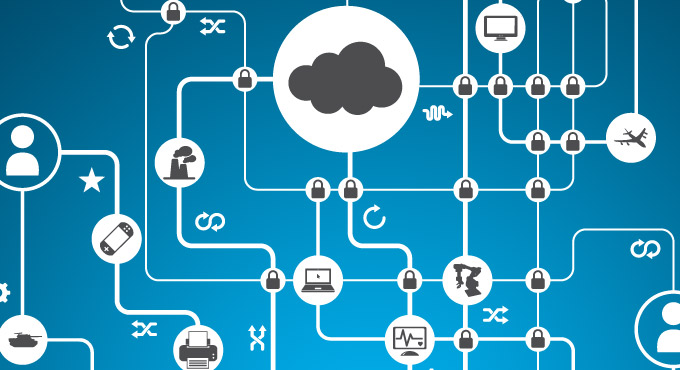 The Internet of everything means connected appliances can generate their own data. What if insurance companies could use it?
The Internet of everything means connected appliances can generate their own data. What if insurance companies could use it?
Domestic appliance manufacturers and technology companies have big plans for our homes. From remote controlled heating devices such as Nest and Hive to intelligent fridges, smart TVs and connected washing machines, our appliances will become smart, automating many of our everyday tasks. But true to the notion of the internet of everything in which both things and processes are connected, smart devices won’t just eliminate everyday tasks such as supermarket orders, they will also establish new business relationships.
A recent study by Cognizant and the Economist Intelligence Unit on the rise and impact of the smart product economy found that 40% of businesses plan to use smart products to automate customer service operations, while 46% report that smart products are already bringing them information about their customers that was previously not possible or not cost effective to acquire.
Inevitably this sea of personalized data, generated by linking individuals and households with specific products and services has a huge value to businesses. Whether it is promoting product upgrades or extended warranties and insurance deals, consumers will be exposed more than ever before to the sales and marketing machine. While consumers will default to opting out of sharing personal data, discount deals and promises of preferential upgrade treatment will lead to more opt-ins. So what will this mean?
Strategy consultants Roland Berger released a report in March for the insurance industry. It identified how IoT will lead to increased personalization of products as a result of being able to harvest data from homes and machine use. Jörg Oliveri del Castillo-Schulz, partner at Roland Berger, says that while the main aim of insurance firms in using this data is to prevent problems and therefore payouts, it is also about personalizing insurance products and offers. It’s then “a question of privacy,” he says, referring to the idea that some consumers will have to opt-in to get deals.
Kevin Roberts, broker director at insurance firm Legal & General admits that this personalization, although beneficial for many, could also lead to a growing number of people being unable to afford full insurance protection of products. This will, he says, “create a data underclass and exacerbate the current protection gap”.
It is this suggestion of data monetization and a multi-tiered consumer classification system based on data that sets a few alarm bells ringing. With sensors and cameras in homes, office buildings and cars, are consumers in danger of being over-analyzed in terms of product use and service requirements? Will there really be a data underclass?
“There is definitely that danger of companies misusing the data that is captured by consumers,” says Patrick Moorhead, president of at IoT analyst Moor Insights and Strategy. “This is why consumers need to be wary of companies that don’t simplify and externalize their privacy policies.” So is there the possibility, then, that insurance companies could use this data through partnerships with vendors to charge higher premiums to anyone that doesn’t connect devices?
“There is a distinct possibility that will happen,” says Moorhead. “Many consumers will opt in if, let’s say, they can get discounts from other services.”
As more connected devices find their way into homes, the issue of data privacy will become an increasingly complicated one. Companies such as Samsung, LG and Miele are already producing internet-enabled appliances with a focus on the consumer benefit of remote control but also remote diagnostics and maintenance. There are clear benefits for the vendors. A report by McKinsey in June claimed that automation through IoT will create a $300bn (£190bn) value added opportunity and a 2% improvement in gross margin for vendors. To read the full story click on the link below.
Source: Cyber Security Intelligence






















